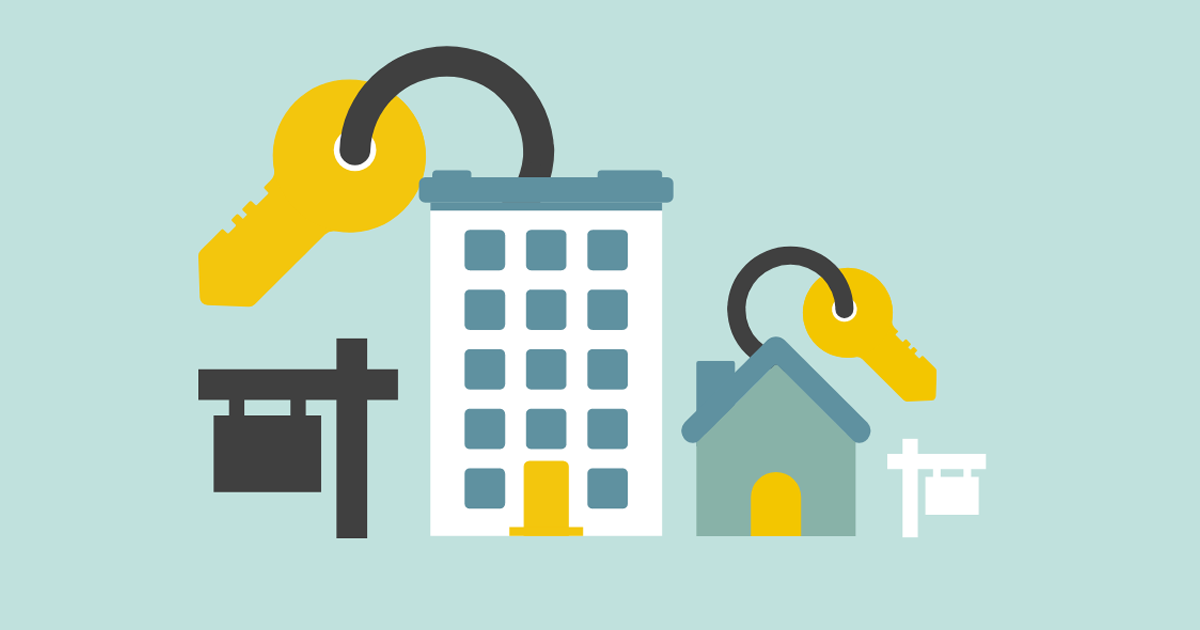If you are a property manager, you need to measure the success of your performance over time in order to make cost-saving decisions. KPI’s are an important aspect of every business’s growth strategy. Committing to calculating your KPIs regularly can differentiate your property management company from other amateur companies. But what are KPIs and which property management KPIs do you need to assess for your business? In this article, we have curated a list of 10 property management KPIs you should be tracking. But first, let’s break down what KPIs mean and what their importance is.
What are KPIs for property management?
KPIs stand for “Key Performance Indicators”. Property management KPIs are quantitative measurements that let you assess how well your goals are performing. KPIs for property management can help you assess your company’s performance and gauge how you stack up against the competition. KPIs are crucial for monitoring your properties and keeping track of how satisfied your owners and investors are. For data-driven decisions, you need to ensure that you are evaluating the right KPIs for property management.
The right property management KPIs can be extremely beneficial for you as you can analyze how well you are performing, which areas you need to focus on more and how you can maximize your revenue.
Property Management KPIs You Should Be Tracking
There are a number of property management KPIs that you can calculate as a property manager. Below, we have compiled a list of the most important KPIs that can help you understand how well you are delivering for your investors and residents:
Occupancy Rate
This KPI measures how many units have been occupied from the number of units that you are currently managing. A high occupancy rate can indicate that the demand is higher. While a low rate means that you need to re-analyze your strategies. Visit: Top Property Management.
Payment Collection Rate
Payment collection rate measures the amount of payments collected out of the total that is owed. This property management KPI is important for assessing your payment-collection process. If your payment collection rate is low, it means that your operations are not that efficient and need to be improved. Its one of the core property management kpi.
Maintenance Response Time
This KPI measures the average time it takes for you to respond to a maintenance request. If you respond and address maintenance requests in a timely manner, your residents are likely to be more satisfied.
Net Operating Income (NOI)
NOI measures the sum of income you are generating. This is calculated by subtracting your expenses from your payments. Your primary goal should be to increase your NOI over time.
Maintenance Expense Ratio
This metric measures the ratio of your maintenance expenses to your total expenses. You need to assess how efficiently you are managing maintenance expenses as compared to other expenses. If this ratio is high, that means your NOI is being impacted negatively. Ideally you want to keep this as low as possible.
Annual Property Turnover Rate
This KPI measures the percentage of your properties that change hands. A lower percentage is desirable. As this indicates stability, while a high rate can mean higher volatility.
Residence Satisfaction Score
As the term indicates, this metric measures how satisfied your residents are with your service. Higher scores mean residents are likely to renew their lease agreements with you. They are also more likely to refer your services to others.
CapEx Spending
Capital expenditures allow you track the amount of money you spend on the maintenance of your properties. This allows you to assess the overall condition of your properties.
Annual Growth in Property Value
As a property manager, your main objective is to grow the value of your property over time. This KPI enables you to calculate the appreciation or depreciation in the value of your property within the portfolio YOY. This metric is really important as you can gauge the effectiveness of your property management strategies.
Average Days on Market
This KPI measures the amount of days one of your vacant properties is on the market before it is sold. Ideally, it should be as low as possible as it indicates a higher demand for your property.
Property management KPIs are crucial for every property management company. The importance of evaluation property management metrics ultimately determines the experience of your residents. Happier residents are likely to renew their leases which works in your favor. To simplify the process of calculating property management kpis KPIs, the ONR integrates this feature so you can directly track your metrics and build more rewarding relationships. Visit our website to find out more!

